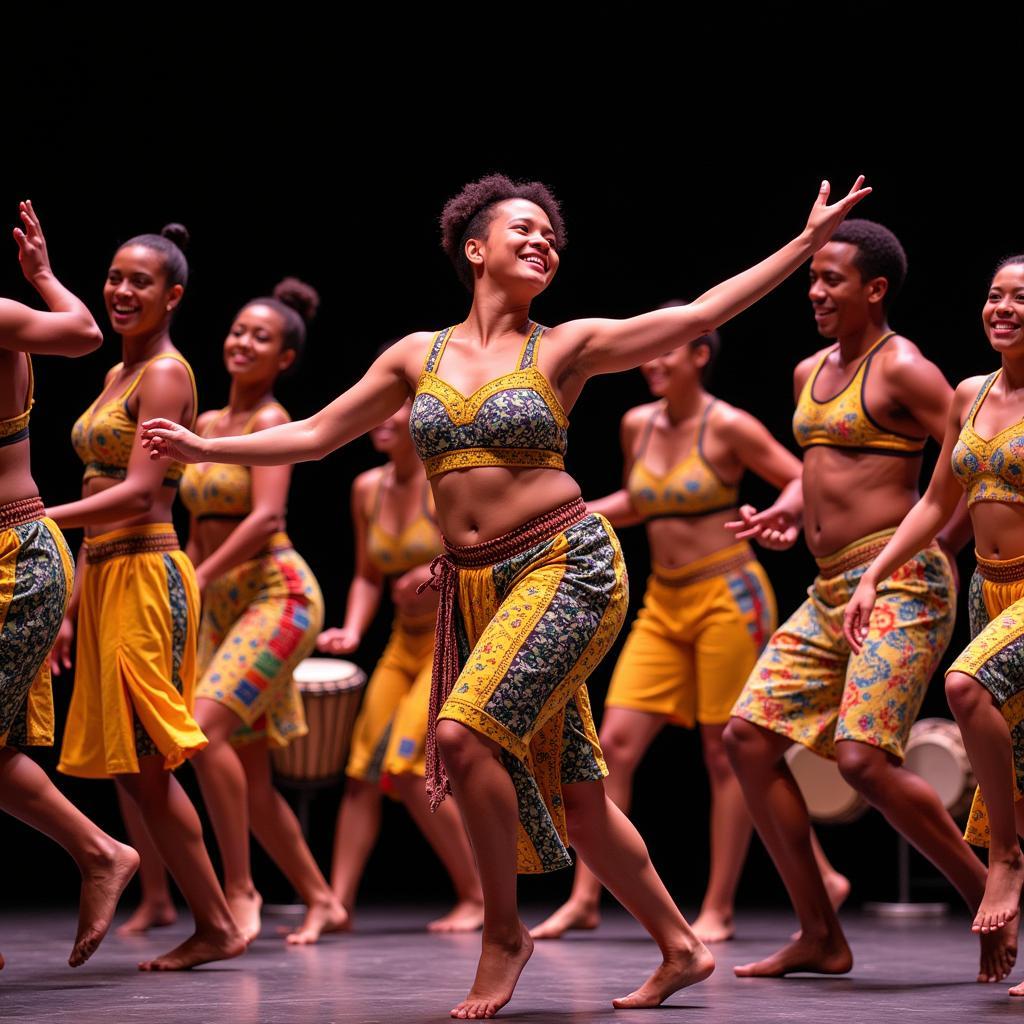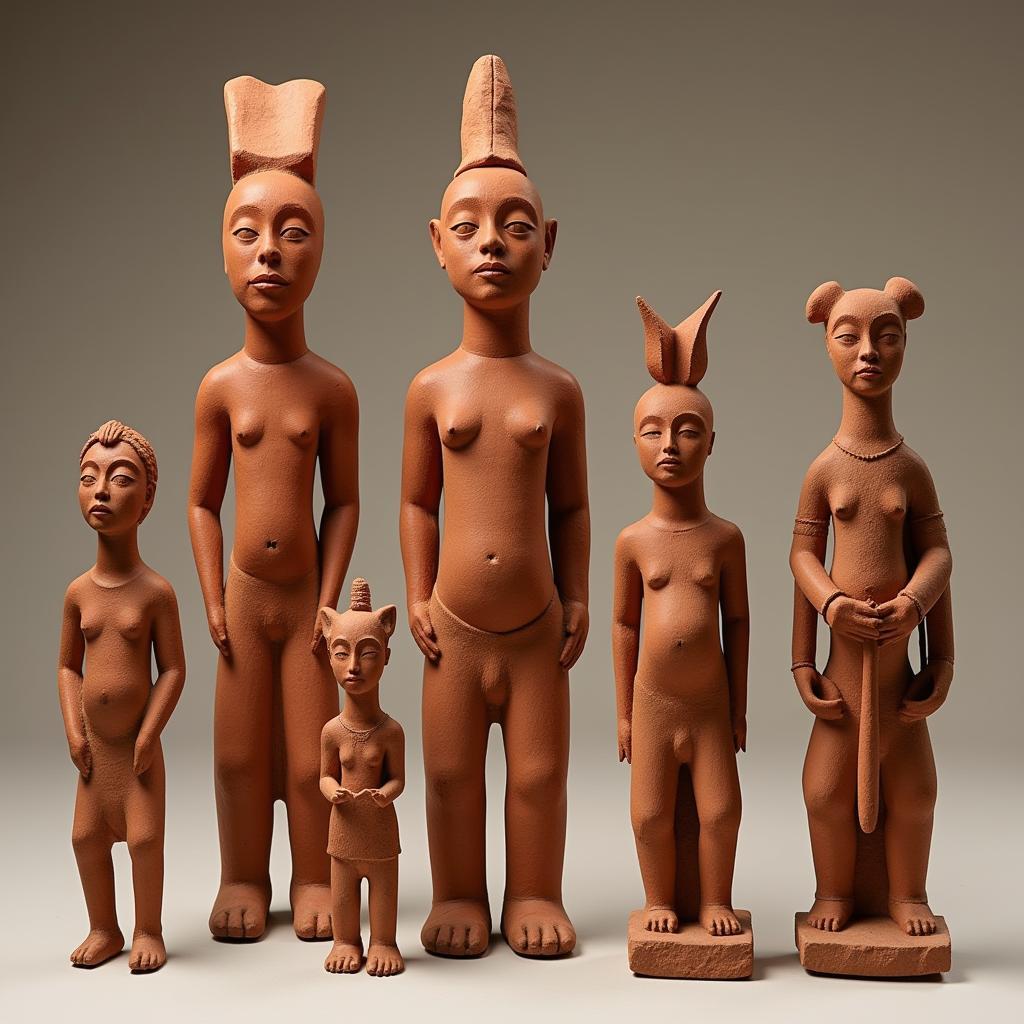The African Bible: A Rich Tapestry of Faith and Culture
The term “African Bible” can encompass diverse meanings, reflecting the complex relationship between the African continent and Christianity. It can refer to physical Bibles translated into numerous African languages, acknowledging the linguistic diversity of the continent. However, beyond the literal interpretation, the concept delves into the profound impact of Christianity on African societies, shaping their worldviews, ethical systems, and cultural practices.
Unveiling the Many Layers of the “African Bible”
The story of the “African Bible” is multifaceted. It encompasses the historical journey of Christianity’s arrival in Africa, its adaptation to local contexts, and the rise of unique theological perspectives. While some argue for a singular “African Christianity,” it’s crucial to recognize the vast spectrum of expressions, beliefs, and practices across the continent. This diversity stems from Africa’s rich tapestry of indigenous religions, cultural nuances, and historical experiences, which have interacted with Christian teachings, creating a vibrant and evolving faith landscape.
Exploring the Influence: From Theology to Everyday Life
The influence of the “African Bible” extends far beyond the walls of churches. It permeates various aspects of life, shaping moral codes, social structures, and artistic expressions.
Music: Gospel music, infused with African rhythms and melodies, has become a powerful force, expressing faith, resilience, and cultural identity.
Art: From traditional crafts to contemporary art, Christian themes have found unique expressions, reflecting the fusion of faith and cultural heritage.
Literature: African writers have engaged with biblical narratives, reinterpreting stories through an African lens and exploring themes of faith, colonialism, and social justice.
Challenges and Triumphs: Navigating Colonial Legacies and Contemporary Issues
The journey of the “African Bible” hasn’t been without its complexities. The legacy of colonialism, often intertwined with the spread of Christianity, continues to raise questions about power, identity, and the role of religion in society.
However, amidst these challenges, the “African Bible” stands as a testament to resilience, adaptation, and the enduring power of faith. African theologians and scholars are actively engaging in critical discourse, reclaiming their narratives and reinterpreting scripture through an Afrocentric lens.
Looking Ahead: The Future of Faith in Africa
The “African Bible” is not a static entity but a dynamic force, constantly evolving in response to contemporary challenges and opportunities. As Africa navigates issues of poverty, conflict, and social change, faith continues to play a significant role in providing hope, fostering community, and inspiring action.
The future of the “African Bible” lies in its ability to address these contemporary realities, offering guidance, solace, and a framework for building a more just and equitable society.
[african bible university]
FAQs about the “African Bible”
1. What are some examples of unique African interpretations of the Bible?
African theologians often emphasize themes of liberation, social justice, and community, drawing parallels between biblical narratives and their own historical experiences.
2. How has colonialism impacted the relationship between Africa and Christianity?
Colonialism often imposed Christianity alongside its political and economic agendas, leading to complex power dynamics and cultural syncretism.
3. What role does music play in expressing “African Christianity”?
Music, particularly gospel, serves as a powerful medium for expressing faith, celebrating cultural heritage, and fostering community.
Exploring Further:
For a deeper understanding of the African American Heritage Project and its significance, you can visit our dedicated page.
[african american heritage project]
Seeking Guidance and Support?
We’re here to assist you on your journey of understanding and connecting with the rich tapestry of African Life and faith. Reach out to our dedicated team for any inquiries or support.
Contact Information:
- Phone: +255768904061
- Email: kaka.mag@gmail.com
- Address: Mbarali DC Mawindi, Kangaga, Tanzania
Our team is available 24/7 to provide assistance and answer your questions.

